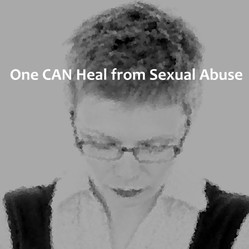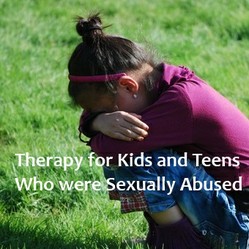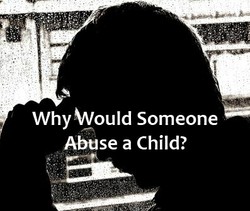Some victim advocates, therapists and researchers claim that victims of sexual trauma can never get over it... that they are forever destined to daily relive the horrors in flashbacks and nightmares and will never be able to live a normal life.
I do not agree. For over 25 years, I have worked almost exclusively with sex trauma victims and their families. While sexual abuse is traumatic and shakes the very foundations of individuals, families and society, it is not a life sentence where the victim is caught in its web forever and ever.
There is a good, healthy, happy, satisfying life waiting to be lived even after horrendous victimization.







 Visiting an Art Gallery With a Two-Year-Oldon 07/27/2015
Visiting an Art Gallery With a Two-Year-Oldon 07/27/2015
 Using the News to Enhance Jewish Identity in Jewish Kidson 07/24/2015
Using the News to Enhance Jewish Identity in Jewish Kidson 07/24/2015
 Xi'an - Not Just Terracotta Warriorson 06/09/2015
Xi'an - Not Just Terracotta Warriorson 06/09/2015
 Sew Your Own Wedding Dress - or Your Daughter'son 02/06/2015
Sew Your Own Wedding Dress - or Your Daughter'son 02/06/2015



Comments
Thanks for your comment, Arlene. I am also heartbroken when I see how the official interventions for kids who have abused other kids ignores the traumas these acting-out kids have suffered. You are so right - anger management is certainly not the approach that will really help them.